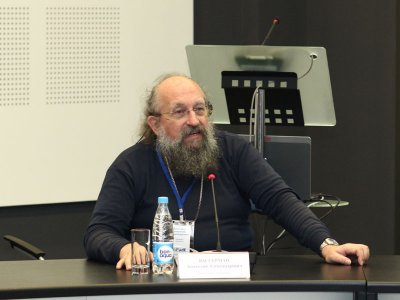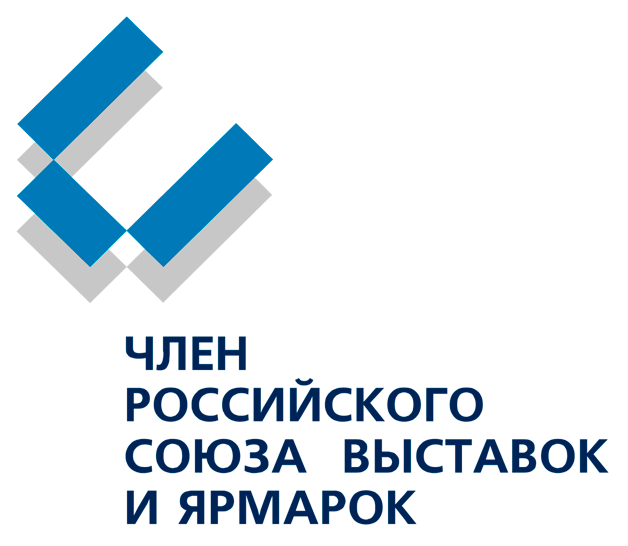Anatoly Wassermann: Why Siberia Doesn’t Need Roads Found in Europe

This event is held for the third time. It features representatives of various authorities, specialists and experts from 15 regions of Russia as well as five foreign delegations.
“Implementing the project of creating industrial parks at the territory of the Russian Federation has shown its effectiveness and relevance,” noted Governor of the Novosibirsk Region Vasily Yurchenko. “World experience gained in the process of organizing such a production scheme is unique. Unfortunately, it was only brought to Russia in the last ten years. Several park projects are being implemented at the territory of the Novosibirsk Region – first of all, the Industrial and Logistic Park, Technopark, and Biotechnopark.”
The InPark. Future Discussion featured the report about the logistic future of Siberia from the well-known publicist and political analyst Anatoly Wassermann. He told us why knowledge-intensive industries must be developed in Siberia, thus reducing the share of transportation expenses in total cost of end products.
“The territory of Russia is too big to allow creating roads of West-European quality. With mean distances covered during car trips typical of West Europe, it is feasible to invest into road networks in order to save costs of developing various car designs. Average distances covered by car even in the European part of Russia imply that it is feasible to maximally invest into building cars that need minimum-quality roads, and save funds in the process of creating these roads,” said Anatoly Wassermann.
According to the expert’s opinion, the concept of technoparks also includes the principle of saving on the transportation component: such parks do not only bring together various research areas but also various manufacturing processes, allowing for their direct interaction. Therefore, this type of manufacturing organization principle is the most effective.
“I think the direction that was once chosen for the creation of the Novosibirsk Akademgorodok (Academic Town) is almost perfect, since this concept as well as the territory of Akademgorodok included organizations that carry out fundamental research, then organizations that operate in the sphere of applied sciences, and finally, the “external belt” that consisted of industrial companies manufacturing knowledge-intensive products,” noted Anatoly Wassermann. “General idea here is that Siberia needs to manufacture something maximally knowledge-intensive so that the end cost of products includes minimum of transport expenses allowing for transporting these products far away. This development direction remains relevant today.”












